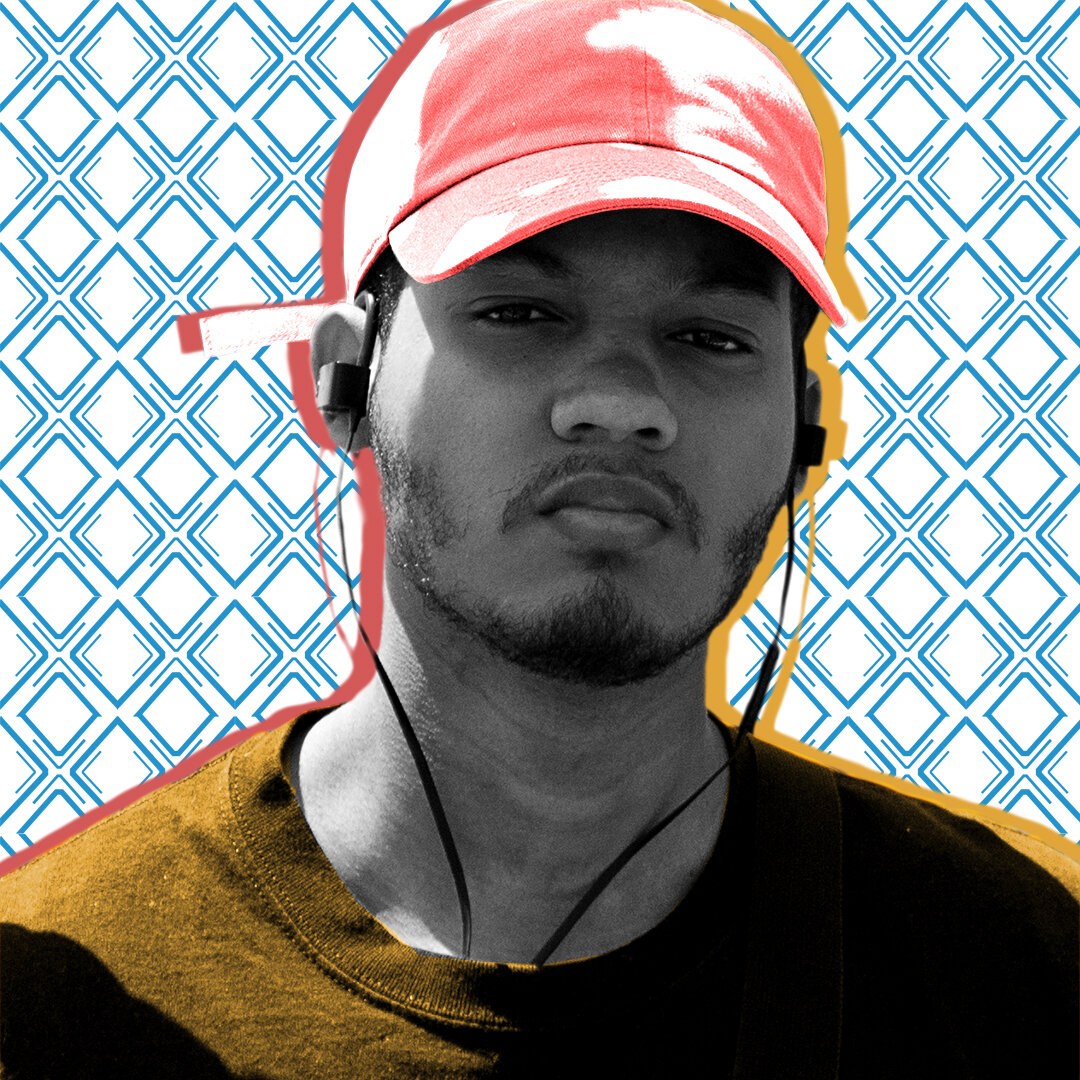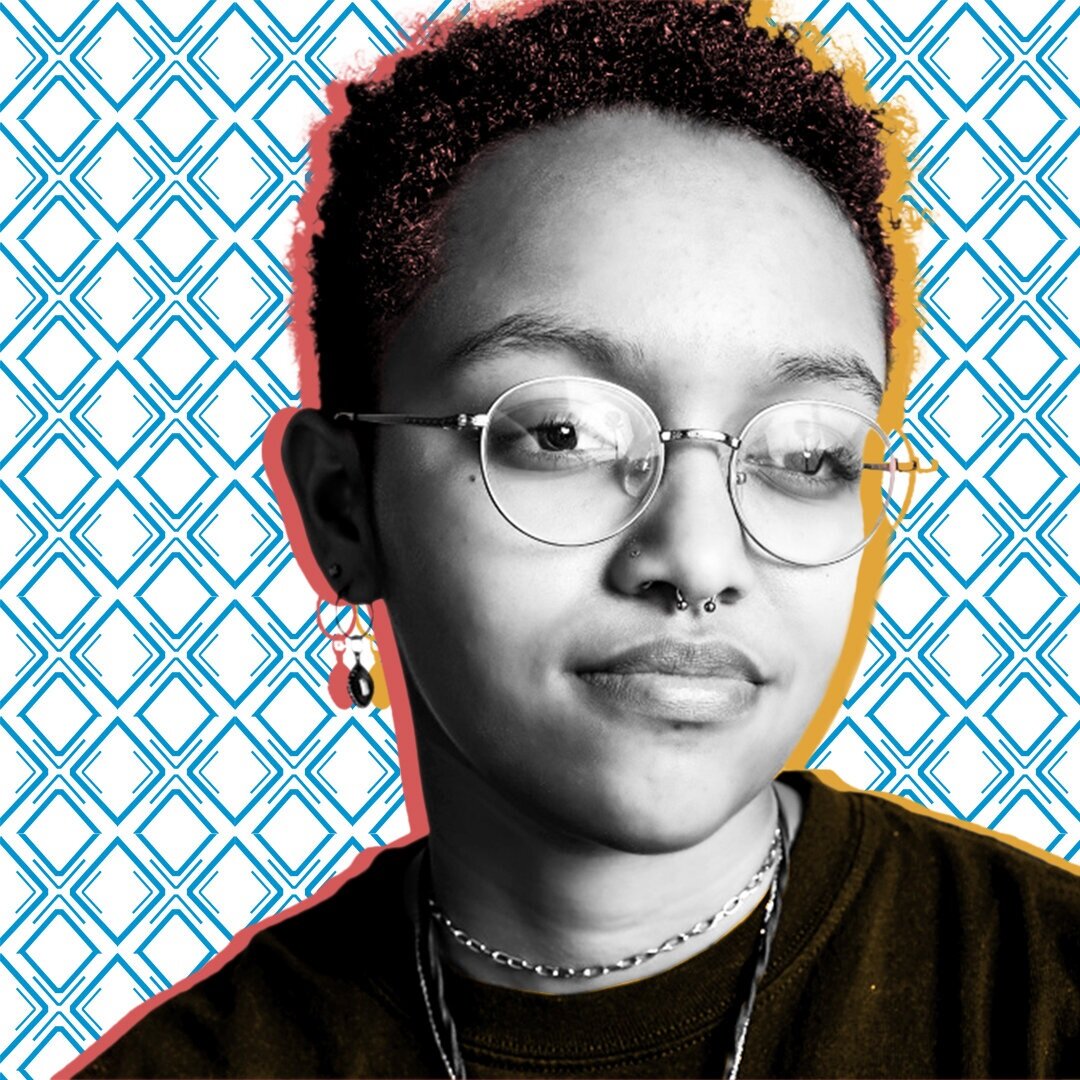
Latinx Experience
What it means to be Latinx is a difficult question to answer. The community is so enormous, so the experiences of the individual members varies greatly. Listen to the testimonies of different members of the community to find out what it means to be Latinx
Why do this?
In my entire educational career I’ve never seen myself in the history books or even mentioned in any context. So I ask, is the Latinx community taken for granted in the United States? The Latinx community is composed of people from Mexico, Guatemala, Honduras, El Salvador, Nicaragua, Costa Rica, Panama, Colombia, Venezuela, Ecuador, Peru, Bolivia, Chile, French Guiana, Paraguay, Brazil, Argentina, Uruguay, Cuba, Dominican Republic, and Puerto Rico. But asking the average citizen what contributions the Latinx community made to the United States is answered with two words. Mexican food.
How can the largest minority group in the United States’ only known contribution be food from one country?
Outside of that the knowledge of the Latinx community is limited to stereotypes. Which is harmful and creates redirects that can actively harm the community. For example, the thought that all people from the Latinx community come to the United States illegally, when people from Puerto Rico are United States citizens. As a member of the community I feel as if the United States actively hides the relationship it has with Latin American countries and its people.
“The U.S. economic and political domination over Latin America has always been—and continues to be—the underlying reason for the massive Latino presence here. Quite simply, our vast Latino population is the unintended harvest of the U.S. empire.”
Our relationship
The Latinx community has a very complex relationship with the United States. There are some who immigrated to the U.S. (Ex: Salvadorans), who are U.S. citizens (Ex: Puerto Ricans), as well as some who settle in the U.S. before it was established (Ex: Mexicans). Even though each individual came to the U.S. under different circumstances.
The U.S. has had their hands in most Latin America countries. Messing with the lives of the people.
If we look at the people I mention before the U.S. has history with them. After states like California and New Mexico was acquired through the Treaty of Guadalupe Hidalgo. The United States took the land of Mexican Americans, who could not read or write, in 1848. In 1937 the U.S. were responsible for the Ponce Massacre in Puerto Rico. Were 21 people died and 150 people were injured during a peaceful protest. Between 1981-1989 El Salvador was given $3.7 billion in weapons by the U.S., which were used on their citizens.
Some of Our Contributions
Despite the manipulative and abusive relationship the United States has had with Latin America, the Latinx community has contributed so much to the United States. It was reported that an estimate of 500,000 Mexican served during World War II. Although not all members of Latinx community assisted in the frontline, many actually assisted in the defense industry. Unfortunately prejudice towards the community remained high, but with combined efforts of the African American community president Franklin D. Roosevelt signed Executive Order 8802, which forbade any kind of discrimination in the defense industry.
There was also Méndez v. Westminster, which predates Brown v. Board of Education in ending racial segregation in the school system.
As I stated before, throughout my educational career, I’ve never seen myself mentioned. Going through this journey of discovery, I have come to realize how crucial the Latinx community is tp the United States. It amazes me how a community can be taken for granted by a country, but still thrive in said country. I believe there is a disconnect with the Latinx community and the U.S. and I’m hoping the testimonies of each individual will hopefully borden the perspective others and help understand what is the Latinx Experience.





